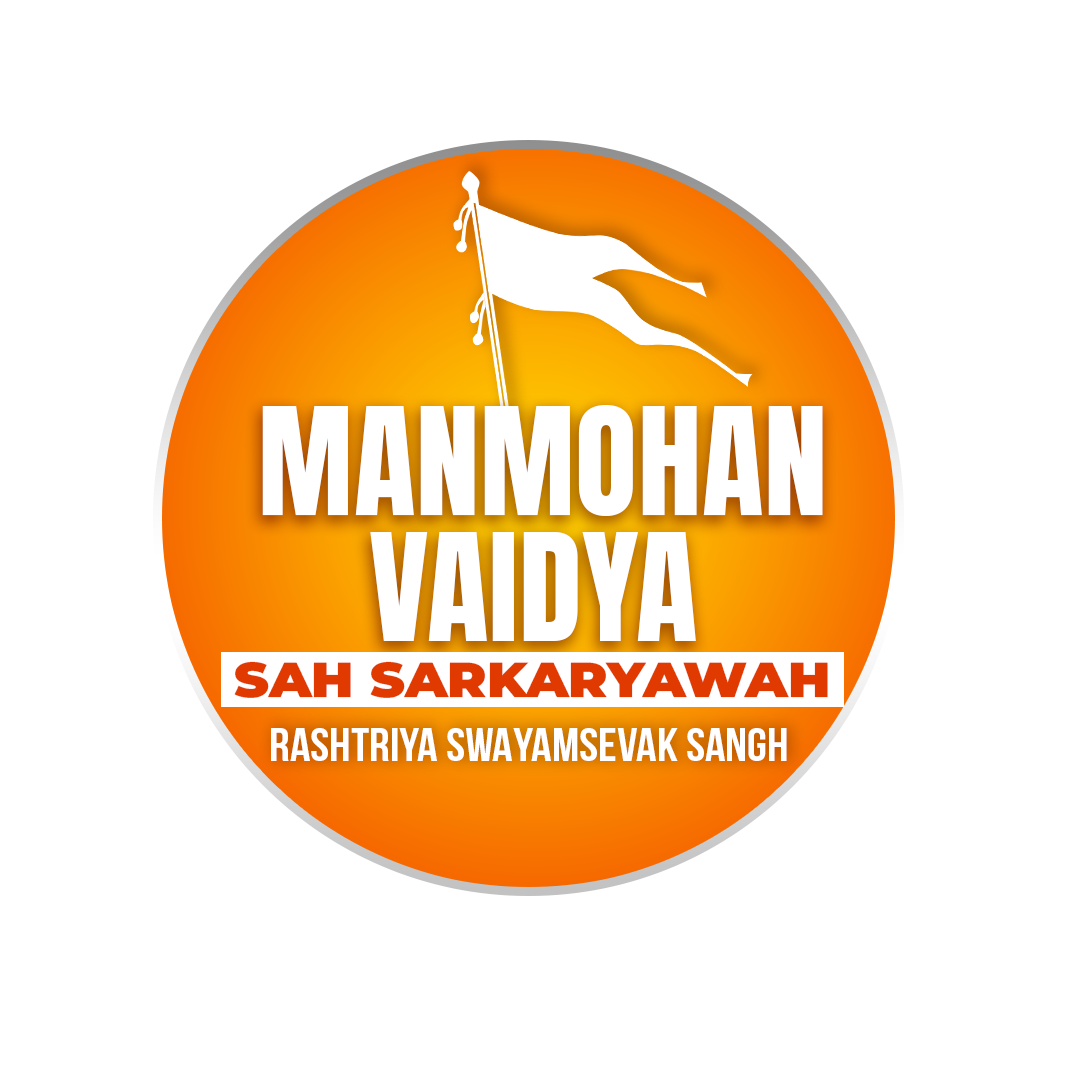
In his seminal work – “Who are we?”, Samuel Huntington states that “unless we decide who we are (as a people) we cannot decide what our priorities can be (as a nation).” Bharat is in the grips of a similar conundrum where the people of Bharat do not have one unifying idea of what Bharat is as a nation. Hence it is imperative that for a bright future “we, the people of Bharat” arrive at one idea of Bharat. This can be achieved by discussion and dialogue between the people of Bharat at large. Such discussions and dialogue are the soul of a democracy and are an intrinsic aspect of our culture.
There seem to be two major streams of an “ idea of Bharat” prevailing in Bharat. One looks for its inspiration from outside Bharat and the other believes it’s roots are entrenched in the age old integral and holistic view of life based on spirituality which is the soul or chief characteristic of Bharat. The former displays a reluctance for dialogue and wants to compel or thrust a particular narrative without permitting any space for an alternative narrative. The latter believes and has facilitated dialogue and discussions with different view points on numerous occasions through the years, with the sincere belief that by coming together and discussing each other’s views, it is possible to achieve a point of confluence and a common understanding of the “ idea of Bharat “.
It is a uniquely Bharatiya world view which has stated through the ages that, “Truth is one, sages describe it in various ways”. This view has facilitated and opened the door to a valuable tradition of discussion and acceptance of different views of life.
Hence 125 years ago Swami Vivekananda proudly proclaimed that we go beyond tolerance and accept all ways to reach the Truth to be true. This age old tradition in Bharat has stemmed from the Hindu view of life, one that is based on spirituality and is practiced by the people of Bharat since millenia. The history of Bharat is replete with examples of this exchange of ideas and assimilation.
RSS believes in the philosophy of Hindutva (Hinduness), the manifestation of a spirituality based integral and holistic view of life, that is known as the “Hindu view of life”, the world over. It has been a tradition in RSS to invite people of different points of views on one stage for discussions and better understanding.
RSS has conducted many mass contact campaigns “ jana sampark abhiyan” to share the philosophy, views, activities and achievements of RSS with the public. The first of such countrywide campaigns was undertaken in 1985 on the completion of 60 years of RSS. The next followed in 1989-90 during the centenary celebrations of Dr. Hedgewar’s birth centenary, the great visionary and founder of RSS. There seem to be two major streams of “ idea of Bharat” prevailing in Bharat. One looks for its inspiration from outside Bharat and the other believes it’s roots to be entrenched in the age old integral and holistic view of life based on spirituality which is the soul or characteristic of Bharat. The former one doesn’t seem to be open for dialogue and want to force or thrust a particular narrative without allowing space for any alternative narrative. The latter one believes and has been indulged in dialogue and discussions with different view points about Bharat by coming together and discussing each other’s views and try to arrive at a common understanding about “ idea of Bharat”. At the turn of the century, in the year 2000, to mark the completion of 75 years of relentless work, expansion and achievements of RSS, swayamsevaks went to several thousand villages and cities to narrate the story, the philosophy and the work of RSS. During the commemoration of the birth centenary of the second sar sanghachalak of RSS Shri Guruji (2006-07),yet again a mass contact campaign was undertaken that reached out to all sections of society including people from different political parties.
As a result of these efforts the trust of and support that the RSS receives has been enhanced and grows consistently.
Correspondingly there is a growing curiosity and eagerness to know about RSS and it’s views on different issues among diplomats from various countries, beaurocrats, technocrats, industrialists, security personnel, educationists, academicians, intellectuals, religious leaders, political leaders, journalists legal experts, management consultants and many others leading personals from different walks of life.
Today we live in the era of “new media”, there are many more platforms for mass communication and it has become easier to reach out to a multitude of people with the click of a button. However, these same platforms are equally available to the detractors of RSS and some anti national forces which run a sustained campaign to malign the image of the RSS and spread motivated and false propaganda. Nonetheless the expansion, strength and positive influence of RSS and it’s all encompassing and Bharatiya philosophy is finding increasing resonance amidst the people of Bharat, especially amongst the youth. RSS in keeping with the demands of the times and the internet age has opened itself to innovative ideas and programs to reach the masses through different platforms of media for mass communication.
This lecture series is one such attempt at outreach to convey the views of the RSS on different national and social issues for a Bharat realised. This will be an effort to communicate (undiluted and unfiltered) directly to the people. And is a unique opportunity whose time has come.
The steady stream of communication and exchange will lead to a point of confluence.
Dr. Manmohan Vaidya
Sah Sarkaryavah(Joint General Secretary) RSS
Article published in Hindustan Times on 18th September 2018
